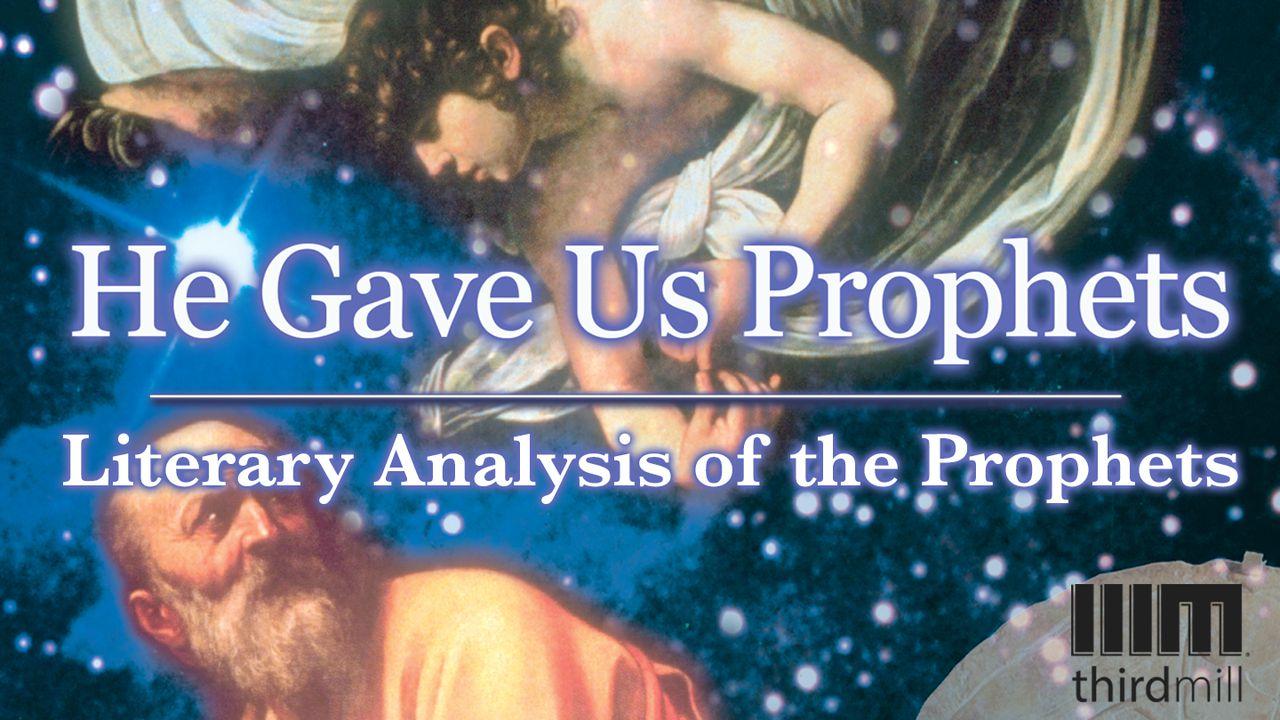He Gave Us Prophets: Literary Analysis Of The ProphetsSample

Judgment Oracles: Isaiah 5:8-10
In addition to oracles of judgment, Old Testament prophets often announced covenant curses in a pattern known as oracles of woe. Oracles of woe are very similar to judgment oracles in that they usually have an accusation followed by a sentencing. The major distinction that these oracles have is that they are introduced by an expression of woe at the very beginning.
One example of an oracle of woe appears in Isaiah 5:8-10. There the prophet announces that the people had disenfranchised the poor by buying all the land they could. The expression of woe occurs in Isaiah 5:8: “Woe to you,” Isaiah says. What Isaiah is about to say will not be a welcome word of blessing, but a curse from God. The accusation of his oracle follows the expression of woe in 5:8:
You who add house to house and join field to field until no space is left and you live alone in the land.
We must always remember that in the days of Moses, God established that each family would have the security of a permanent inheritance. In Isaiah’s day, however, the rich Judaites had violated this covenant sanction by purchasing every piece of property they could. So in Isaiah 5:9-10, the prophet declares a sentencing against these covenant violators:
The Lord Almighty has declared in my hearing: “Surely the great houses will become desolate, the fine mansions [will be] left without occupants. A ten-acre vineyard will produce only a bath of wine, a homer of seed only an ephah of grain.”
We see here that, as in many prophecies, the punishment fits the crime. The rich had sought to secure their financial advantage by collecting property, but God was going to make sure that their efforts would be in vain. Woe oracles like this one appear throughout the prophets.
Scripture
About this Plan

This reading plan examines three different kinds of literature within Old Testament prophecy: historical narratives, communication with God and communication with people.
More
Related plans

When God Is Silent: Finding Faith in the Waiting

Reading With the People of God #14 Proverbs

Nothing Withheld

Abide

Grieving Doesn't Mean You Have to Let Go

The Chosen + BibleProject | Season 5 Reading Plan

Forgive and Be Free

One Minute, One Verse, One Prayer: Truth & Faith

Living in the Tension: A Study on the "Now and Not Yet" Kingdom of God
